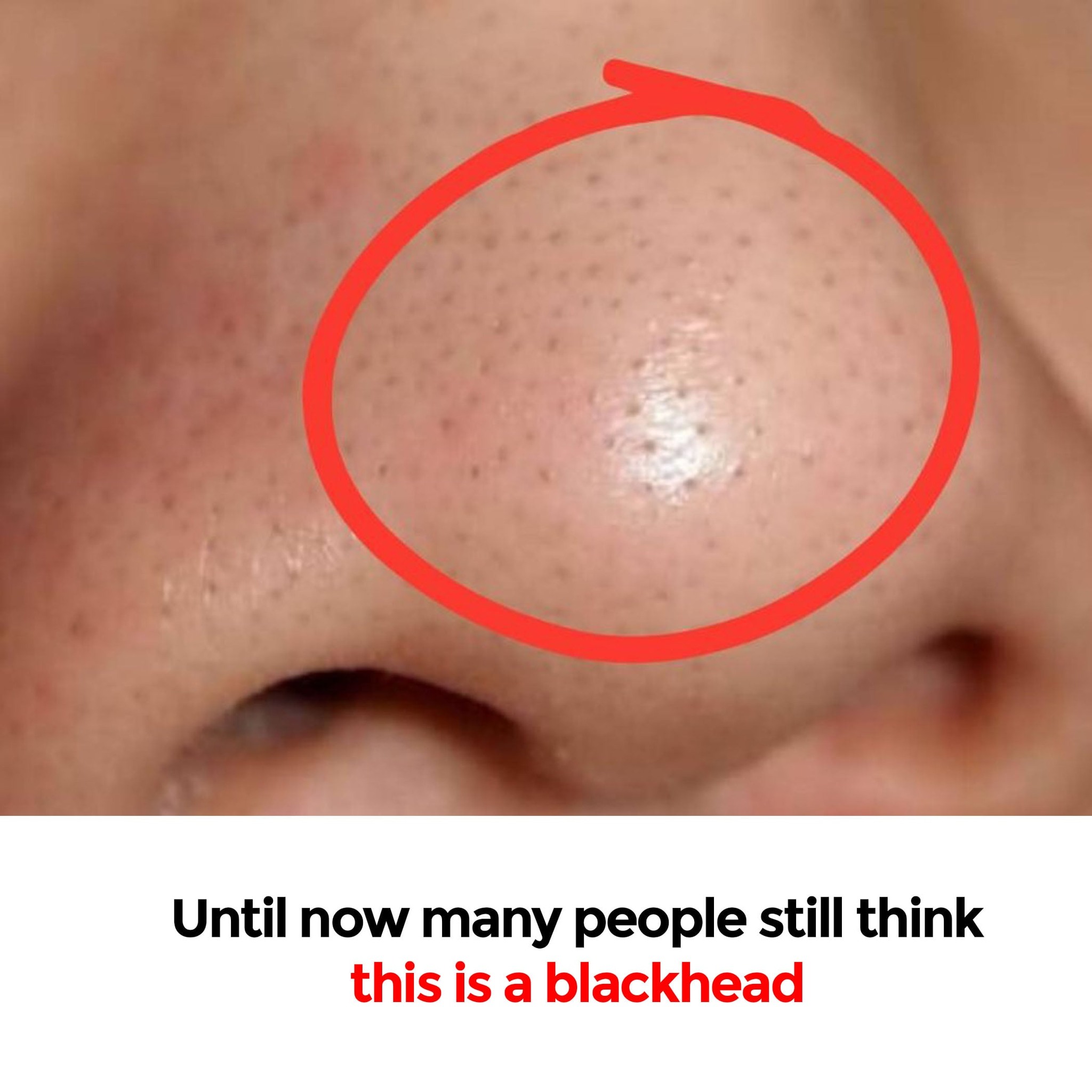Many people are discovering that the tiny spots on their nose aren’t blackheads, but something else entirely.
Many people notice tiny spots on their noses and often think they are blackheads.
However, recent discussions have revealed that these spots are actually sebum filaments.
Understanding what sebum filaments are can help people manage their skin better and avoid unnecessary worries about their appearance.
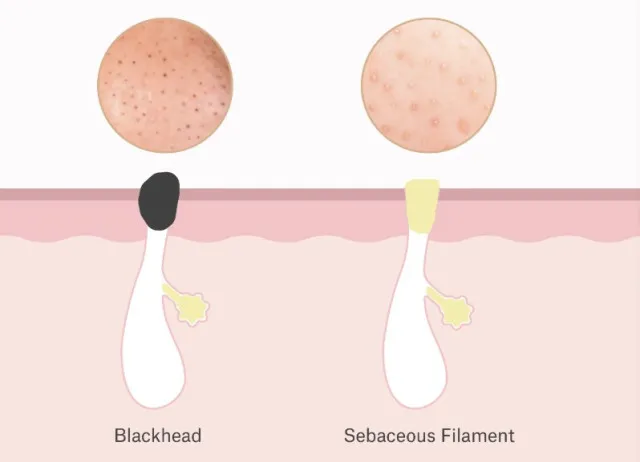
Table of Contents
What are sebum filaments?
Sebum filaments are natural occurrences in the skin. They are formed from sebum, which is the oil produced by sebaceous glands.
These filaments also contain dead skin cells and dirt.
They can be found deep within hair follicles and sometimes extend slightly above the skin’s surface.
Visually, sebum filaments appear as small, opaque white or ivory spots.
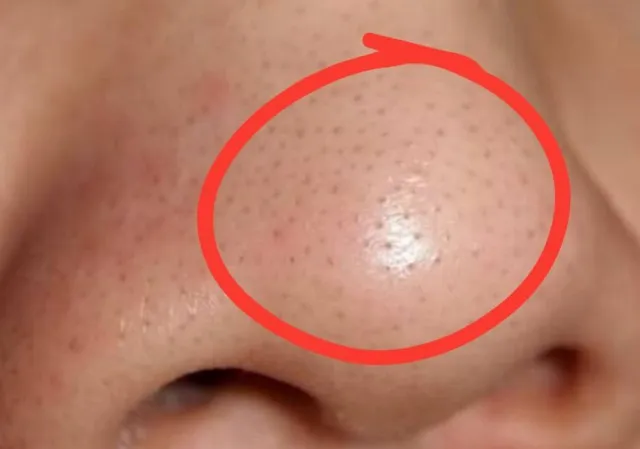
They are soft to the touch and can often be removed easily with light pressure.
Unlike blackheads, sebum filaments aren’t harmful and don’t indicate poor hygiene.
How do sebum filaments form?
Sebum is essential for maintaining healthy skin. It helps to keep the skin moisturized and protected.
However, when excess oil is produced, it can lead to the formation of sebum filaments.
This is a normal part of skin function and happens to everyone.
Factors such as hormonal changes, diet, and skin type can influence the amount of sebum produced.
People with oily skin may notice more prominent sebum filaments, while those with drier skin may have fewer visible spots.
It’s important to remember that sebum filaments are a natural part of skin health and not something to be embarrassed about.
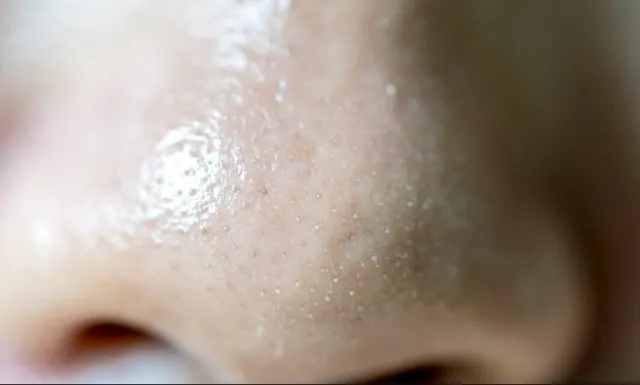
How to manage sebum filaments?
While sebum filaments are harmless, many people want to reduce their appearance.
There are several ways to manage them effectively:
Gentle cleansing
Use a mild cleanser daily to remove excess oil and dirt without stripping the skin of its natural moisture.
Avoid harsh scrubs that can irritate the skin.
Exfoliation
Regular exfoliation can help remove dead skin cells and prevent buildup in hair follicles.
Use chemical exfoliants, such as AHAs or BHAs, which are gentle on the skin.
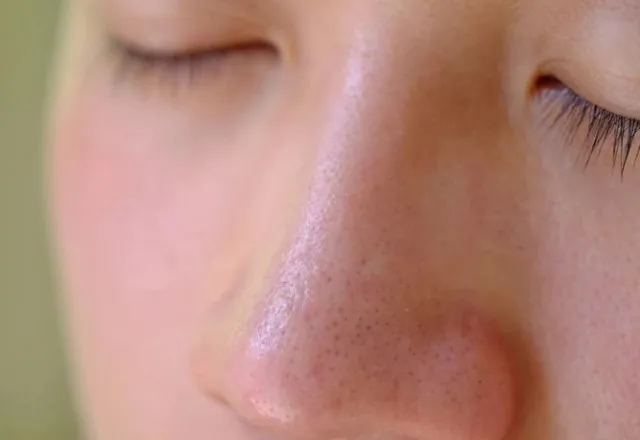
Non-Comedogenic products
Choose skincare and makeup products that are labeled as non-comedogenic.
These products are less likely to clog pores and contribute to the formation of sebum filaments.
Moisturizing
Keeping the skin hydrated is crucial. Use a lightweight moisturizer that suits your skin type.
This can help balance oil production and reduce the appearance of filaments.
Avoid picking
It can be tempting to pick at sebum filaments, but this can lead to irritation or scarring.
Instead, focus on a consistent skincare routine.
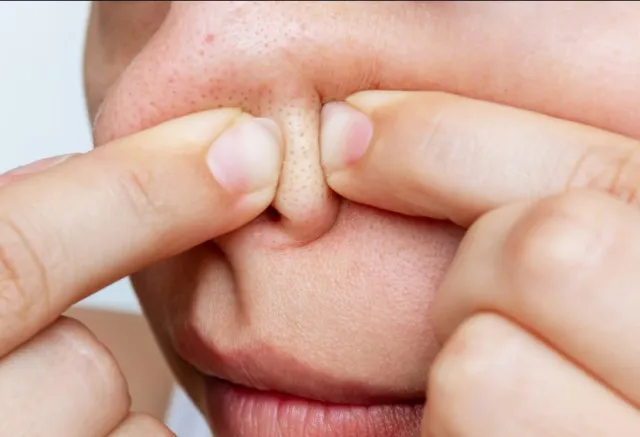
When to seek professional help
If you notice changes in your skin or if your sebum filaments become inflamed, it may be time to consult a dermatologist.
They can provide guidance and recommend treatments tailored to your skin type.
In some cases, what appears to be sebum filaments could be a type of acne or another skin condition.
A professional can help clarify any concerns and suggest appropriate solutions.
